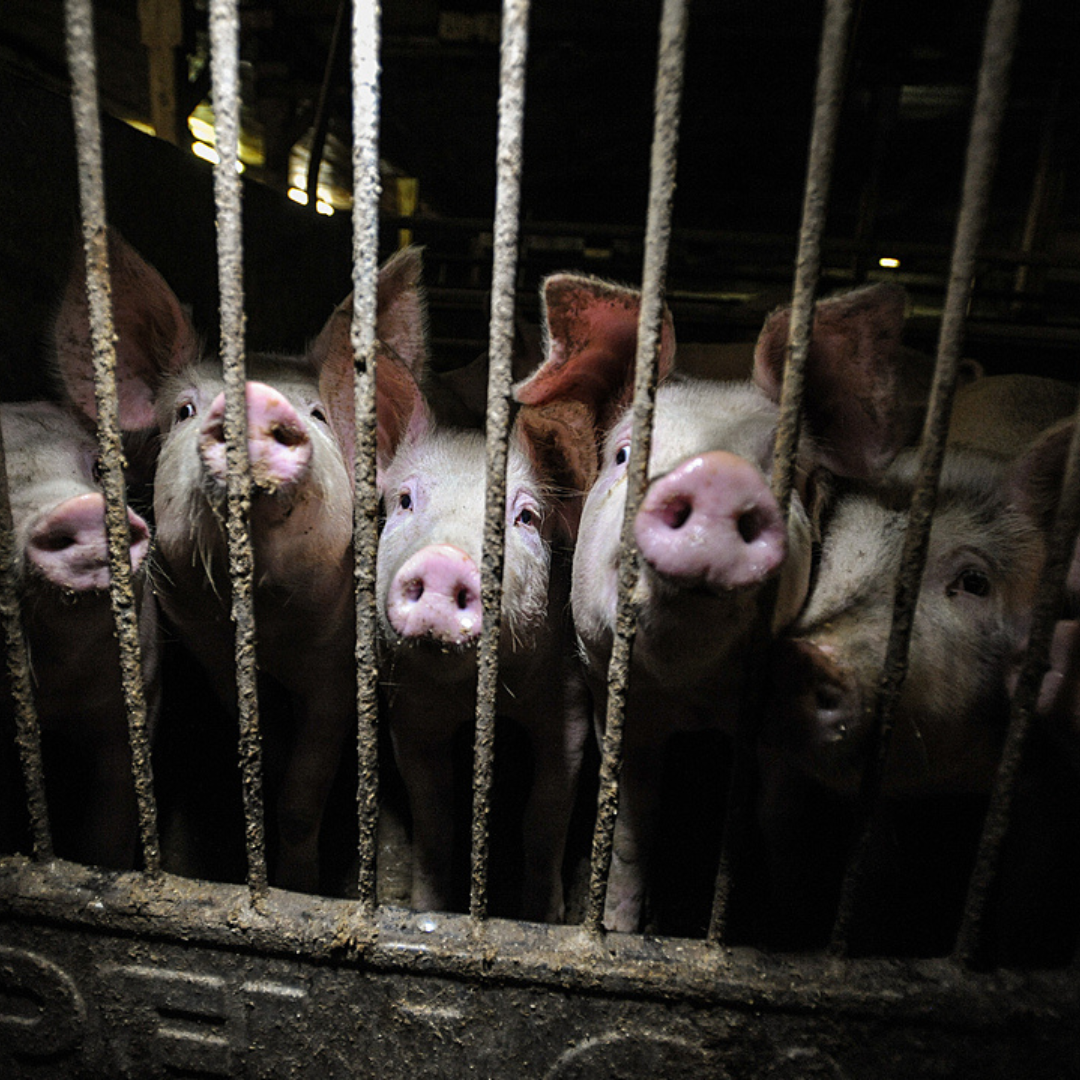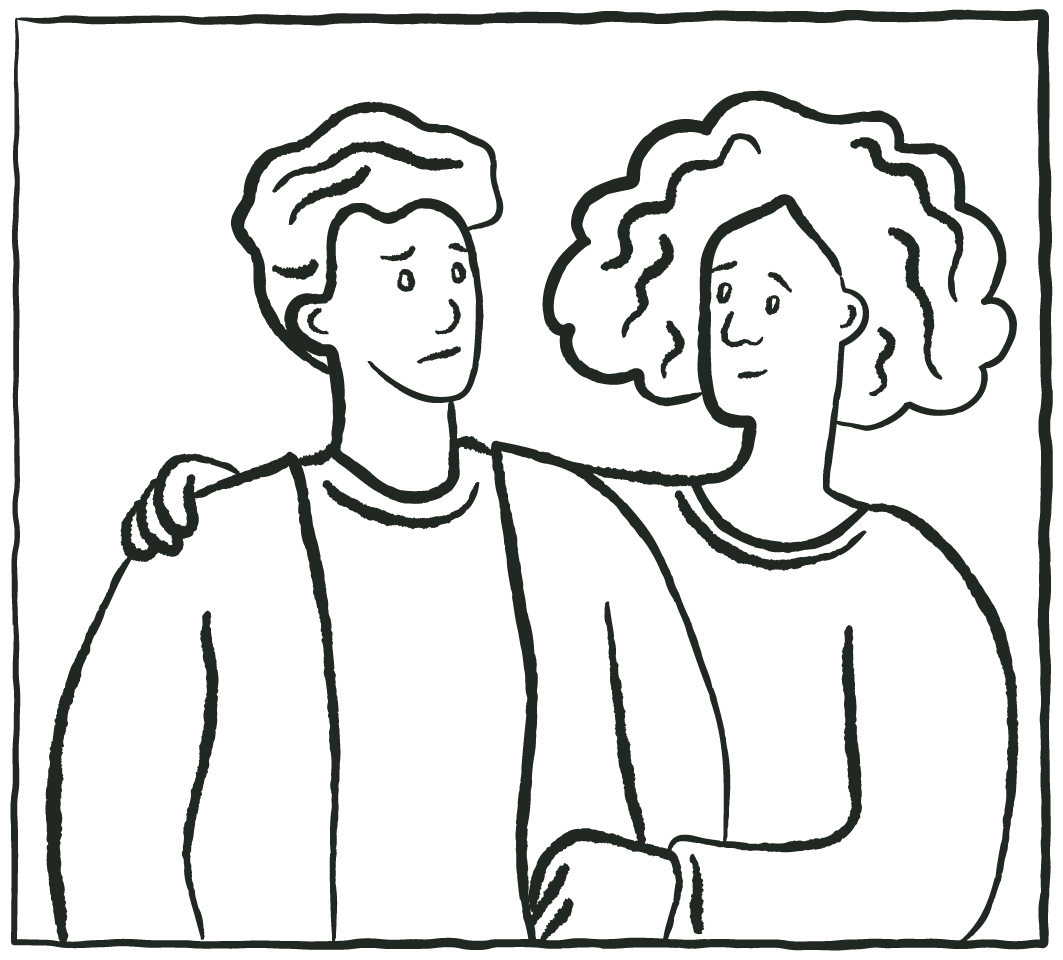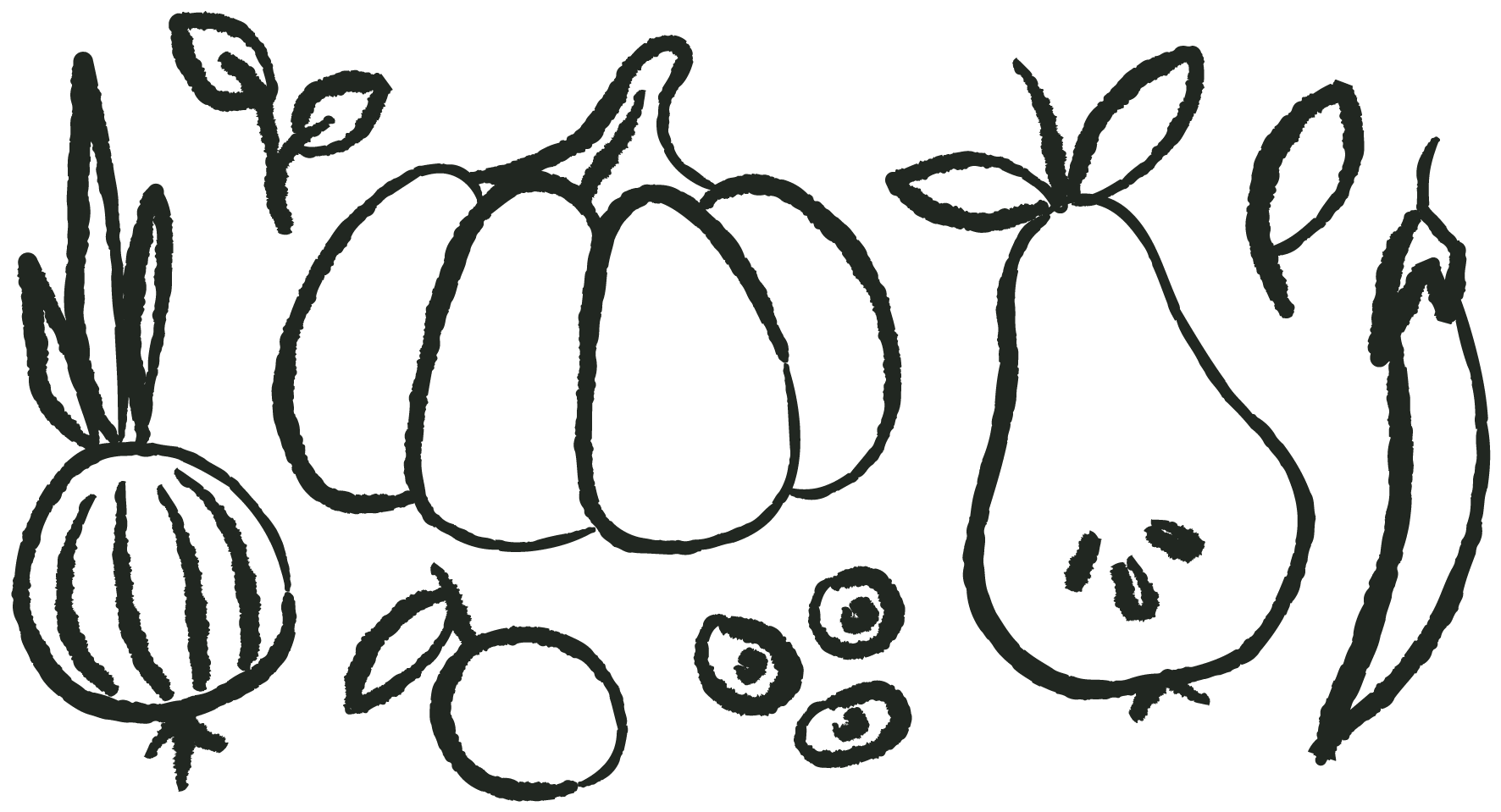My partner isn’t vegan, and I feel uncomfortable having animal products in our home
Note: Some of the advice in this resource is applicable to other cohabiting situations, such as with other family members or with roommates, but bear in mind that you may need to vary your expectations depending on the closeness of your relationship.
Do you ever feel uncomfortable or even distressed when you’re exposed to meat, dairy, or eggs? Many vegans do. And it’s perhaps most challenging when our partner isn’t vegan and we have to face animal products in our own homes.
The good news is that it’s possible to manage this issue—and even strengthen your relationship in the process—as long as the foundation of your relationship is resilient.

Recognize the impact of trauma on vegans
Before we explore solutions to this challenge, it’s important to understand why it can be so uncomfortable for vegans to have animal products in our homes. Many vegans have witnessed graphic imagery of animal suffering and have undergone a shift in perspective so that we no longer see meat, for example, as food but rather as a dead animal. So, being exposed to animal products can cause a traumatic reaction: we may have flashbacks to the imagery we have witnessed and be unable to push such images out of our minds. We may experience emotions such as horror, disgust, grief, anxiety, and often a sense of moral outrage.
So, what can we do to avoid experiencing this distress?
Help your partner understand the traumatic reaction
Helping our partners understand the traumatic reaction that we experience when we encounter animal products can go a long way in enabling us to negotiate what we need. When nonvegans understand that our need—in this case, not to be upset by animal products in our homes—is not simply about personal preference but rather about emotional safety, they can begin to appreciate the weight of such a need.
To help your partner see the world through your eyes, you could ask them to watch this video.


Recognize and attend to your needs
It’s important to remember that needs are like emotions: they’re not inherently right or wrong. They just are. Many of us have been taught to think of needs as something to be ashamed of. We’ve been conditioned to overvalue qualities such as independence and self-sufficiency and to devalue interdependence and connection—which makes us reluctant to ask others for help to satisfy our needs.
But when we accept rather than reject our needs, we can begin to see and share them clearly and to evaluate how they affect us and our relationships. The best way to respond to the challenges we face when relating with nonvegans is by recognizing, attending to, and communicating our needs.
Request that your partner be a vegan supporter
One request that you can make of your partner that is respectful and reasonable, as well as necessary for a secure, connected relationship, is to become a vegan supporter. A vegan supporter is someone who is supportive of veganism and of you as a vegan, even though they’re not vegan themselves.
In order to become a vegan supporter, they’ll need to understand your experiences and needs. To this end, you could request that your partner:
- Learn about veganism (within reason, and to the point where they genuinely understand why you are vegan)
- Witness you as you share what it’s like to be a vegan in a nonvegan world, what helps you feel emotionally safe, and what causes you to feel unsafe
- Compromise with you over the way that animal products are stored in your home. This might include designating a covered space in the refrigerator—or even having a separate refrigerator—for all animal products or limiting the types of animal products you have in your home.
